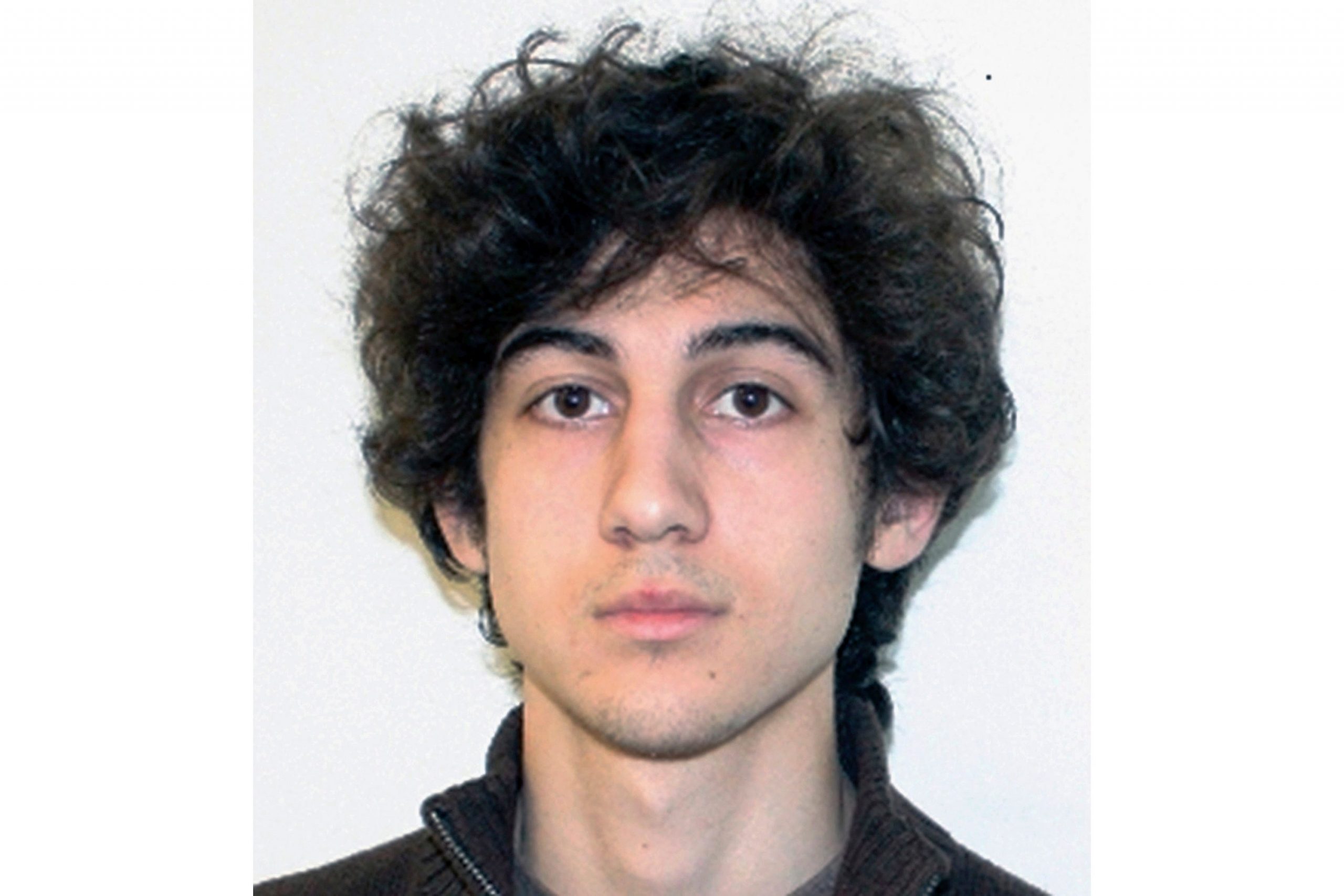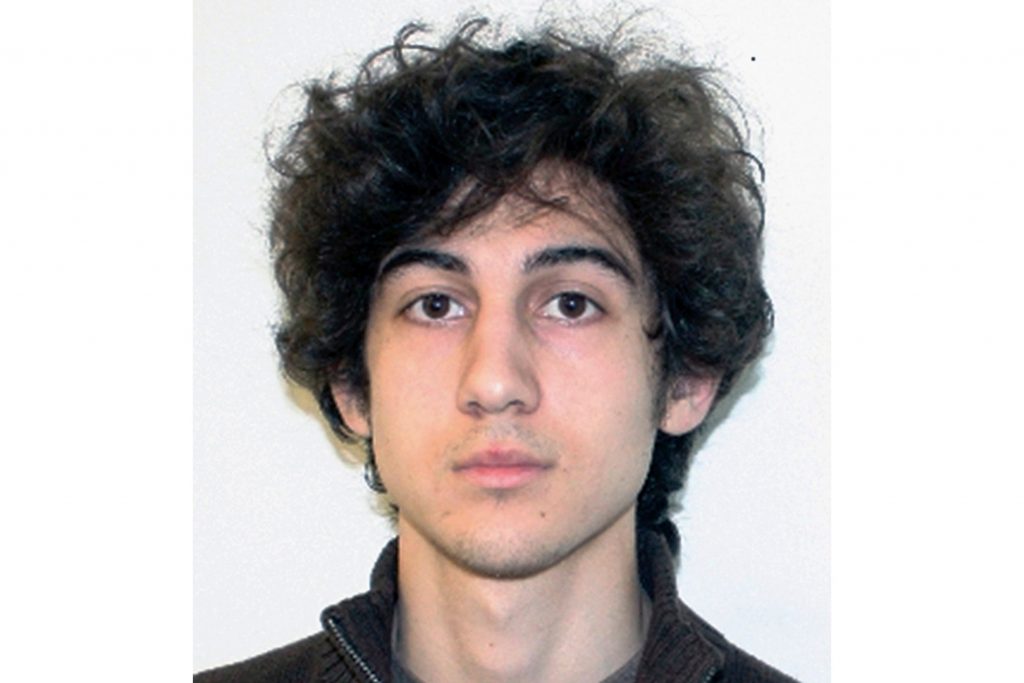
FBI via AP, File
- The Supreme Court heard arguments on whether to reinstate the death penalty for Dzhokhar Tsarnaev.
- A lower court dismissed Tsarnaev's death sentence last year.
- The Biden administration has asked the Supreme Court to reverse that decision.
In one of the most high-profile cases this term, the Supreme Court on Wednesday seems likely to side with the Biden administration and reinstate the death penalty for Boston Marathon bomber Dzhokhar Tsarnaev.
The case comes after President Donald Trump's Justice Department, which restarted federal executions after a 17-year pause, urged the Supreme Court to reverse a lower court decision that threw out Tsarnaev's death sentence last year.
The Biden administration has asked the Supreme Court to do the same, writing in a brief that Tsarnaev is the "most notorious domestic terrorist in recent American history."
This comes despite President Joe Biden's campaign pledge to end capital punishment and pressure from some Democrats and civil rights organizations to abolish the practice.
Attorney General Merrick Garland has also imposed a moratorium on federal executions, which Supreme Court Justice Amy Coney Barrett brought up on Wednesday, questioning the reasoning behind the DOJ's request.
"The administration continues to believe the jury imposed a sound verdict and the court of appeals was wrong to upset that verdict," Eric Feigin, the Department of Justice's deputy solicitor general, responded.
"What we are asking here is that the sound judgment ... that he warrants capital punishment for his personal acts in murdering and maiming scores of innocents, and along with his brother, hundreds of innocents at the finish line of the Boston Marathon should be respected," he added.
The court appeared divided along ideological lines, as the three liberals strongly scrutinized the government's position, whereas the six conservatives did not.
The case dates back to 2013, when Tsarnaev and his older brother, Tamerlan, carried out the infamous bombings that killed three people and injured hundreds. Tamerlan died in a shootout with the police days afterward.
Two years later, a jury convicted Tsarnaev and sentenced him to death. But in July 2020, the 1st US Circuit Court of Appeals dismissed his death sentence, ruling that the district judge who presided over his case in 2015 failed to properly screen the jurors' media exposure of the high-profile attack before the trial, leaving room for potential bias against Tsarnaev.
The appeals court also ruled that the district judge improperly left out evidence of Tamerlan's previous crimes that could have affected the jury's decision. Tamerlan was allegedly involved in three murders two years before the Boston Marathon bombings.
Tsarnaev's lawyer on Wednesday said the district judge violated the Eighth Amendment by leaving out that evidence, which may have resulted in a lighter sentence, such as life in prison, for Tsarnaev.
"This is powerful mitigating evidence that showed that Dzhokhar was indoctrinated at the instigation of his brother," attorney Ginger Anders told the Supreme Court.
Democratic-appointed Justice Elena Kagan appeared to embrace that position, saying the district judge refused "to admit evidence of a gruesome murderous crime."
Kagan asked the DOJ's lawyer: "Isn't this a classic case in which the evidence understood one way is highly relevant" to a jury's decision?
"This investigation had hit the end of the road," Feigin replied, adding "there was no way to figure out what happened" regarding Tamerlan's previous alleged crime.
The court's GOP-appointed justices seemed to add to that point. Justice Samuel Alito said that "evidence is inadmissible many times over in a regular trial." Justice Brett Kavanaugh said the district judge has "a gatekeeping role" on evidence.
The justices will hand down their ruling on the case, United States v. Tsarnaev, by the end of June. If the justices reinstate Tsarnaev's death sentence, it's still unclear whether he will be executed, given Biden's public opposition to the death penalty.
Tsarnaev, 28, is being held in federal prison in Florence, Colorado.

